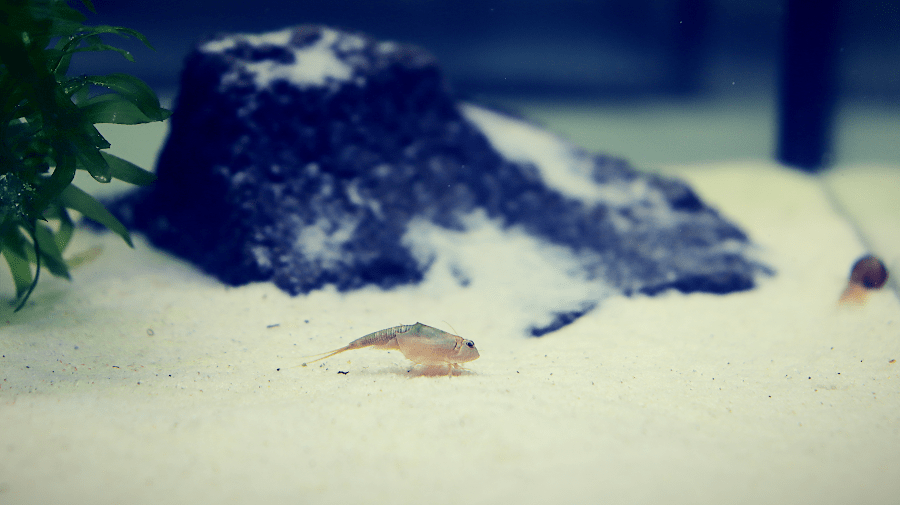Guide
What are primeval crabs?
The primeval crab is a living fossil and was already swimming in pools where the dinosaurs trudged more than 200 million years ago. Around 220 million years ago, dinosaurs inhabited the planet. In the Cretaceous-Palaeogene boundary, the dinosaur era was ended by a mass extinction. The prehistoric crustaceans survived until today, they are the oldest known living animal species in nature. But what are prehistoric crustaceans? Triops belong to the prehistoric crustaceans. The genus belongs to the order of dorsal shells within the class of gilled crabs (Branchiopoda). Together with the genus Lepidurus, Triops belongs to the Triopsidae. Triops cancriformis is the oldest living species on earth. By surviving, the prehistoric crabs have managed to do what no other animal has.

What are primeval crabs?: Way of life
In nature, Triops live in water ponds and puddles. These are created by seasonal flooding and rain showers. They live in temporary bodies of water. These are mainly found on clayey soil. Many occurrences that are located in floodplains of rivers are now destroyed by building development. Currently, there are only about 630 known occurrences in Germany, which is an alarmingly low number of habitats. Females make up the vast majority of prehistoric crayfish. The permanent eggs can remain dormant in the soil for decades before flooding. The hardy cysts can survive for a long time without water. After a flood, the larvae (nauplii) hatch.
Cannibalism
Triops spend most of their time swimming at the bottom of the water, looking for food or burying their eggs. They are enthusiastic diggers, so in aquarium breeding there should always be enough sand in the tank. Cannibalism is very common – especially in the American species Triops longicaudatus. In domestic breeding, this can be counteracted with a balanced and protein-rich diet. Males represent a rarity with ten percent of the population. Triops live between 30 and 90 days. The Triops die after two to three months and leave new eggs in the sand.